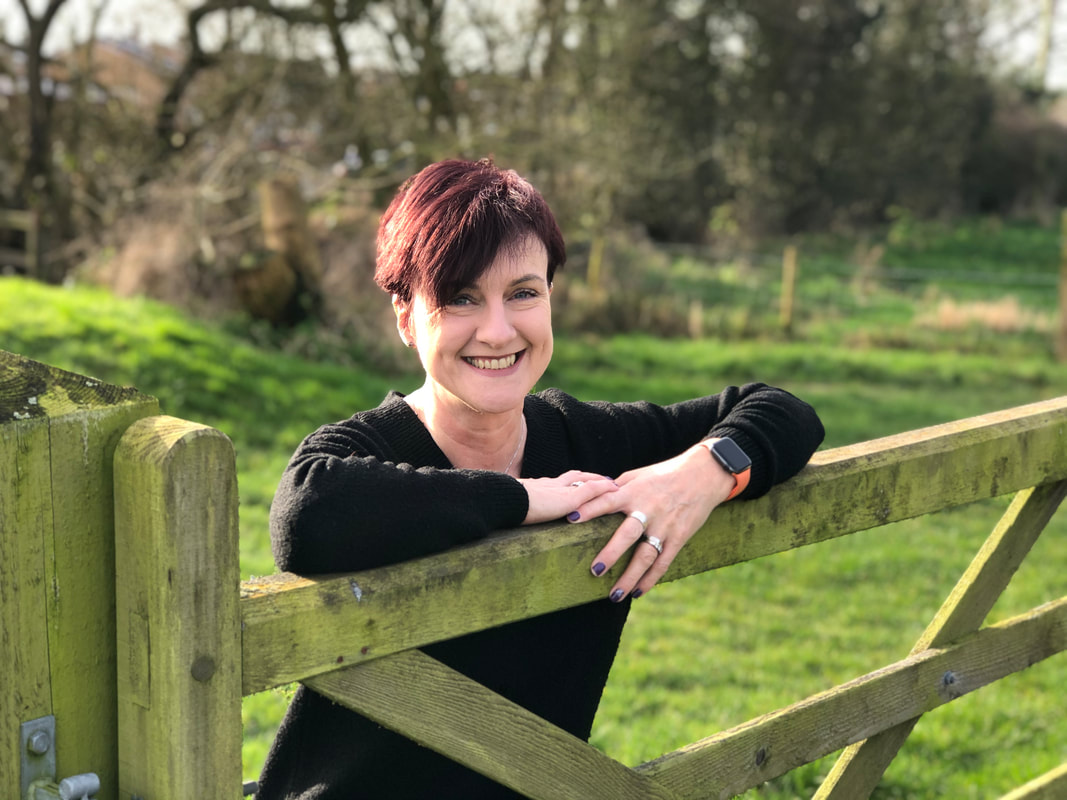|
Depression is a mood disorder which can be described as feelings of sadness, anger or just generally feeling low. Of course, we all feel a bit low from time to time, and these feelings usually pass. But if these feelings last for longer than a few weeks and start to interfere with everyday life, it could be depression.
Symptoms of depression can vary, but include:-
Depression can also result in a person changing behaviour. They may find themselves avoiding friends and social occasions, or changes in sleep patterns. Food avoidance or eating too much. Drinking too much alcohol. Tiredness and lethargy can also be a symptom of depression. It may be difficult to talk about or explain these feelings to anybody but cutting off from other people can have an effect on relationships, work and general health. Why do some people get depressed? Research hasn’t come up with one reason why some people are more prone to depression than others, rather that there are probably various causes. Biological, environmental and social factors are implicated in research but this is still and ongoing question for researchers. According to the World Health Organisation (WHO) over 3 million people worldwide live with depression, and each person will have differing contributing factors. Depression can affect people of all ages and from all walks of life, but unfortunately there is still a stigma attached to mental health issues. It is important to recognise that just like physical health, mental health issues are not necessarily preventable. Understanding this could lessen the stigma and result in more people getting the help they need. Counselling can help with depression by giving a person the opportunity to explore their feelings in a safe, confidential environment, giving space to talk and sort through their emotions.
0 Comments
Leave a Reply. |
Joanne Vogel BlogThis blog page all about counselling. Archives
January 2022
Categories |
|
T: 07446 810549
E: [email protected] Please note: I will not answer my phone during counselling sessions, if you need to change an appointment or wish to arrange one, please text me, email or leave a voice mail I will get back to you at the earliest opportunity.
Web design: Joanne Vogel Counselling 2022
I provide counselling services in areas including Gnosall, Stafford, Telford and all surrounding villages and areas.
As well as face to face therapy I also offer Eco therapy, Online therapy such as Zoom counselling therapy as far afield as London, Manchester, Leeds, Birmingham and indeed the whole of the UK |

 RSS Feed
RSS Feed
